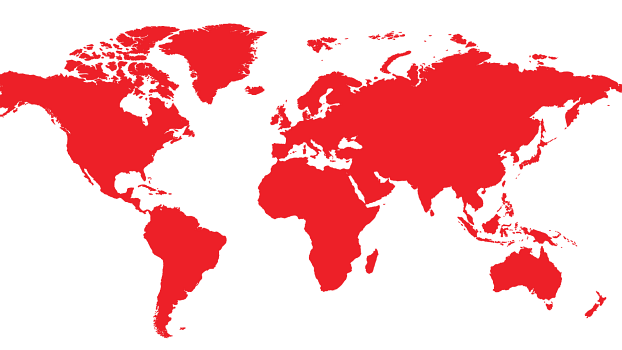
Farm workers are key actors in the food system. According to ILO statistics, every third worker in the world – around 1.1 billion people – is working in agriculture. Only around 40-50% of those workers are employed. Work in agriculture is characterized by the systematic violations of basic human and labour rights, including little or no right to join or be represented by a trade union and poor occupational health and safety. Agriculture ranks alongside mining and construction as the industries with highest rate of accidents. The widespread use of migrant, temporary and seasonal workers is a key feature of agriculture. 71% of all child labor takes place in agriculture. This means that 108 million children are working in the sector. Many children are occupied on small, family farms but one in five is hired in commercial agriculture.
Women are entering the agricultural workforce in increasing numbers and now make up about 40% of the hired workforce. Many have seasonal or temporary jobs. The precarious nature of their employment often means they are denied maternity protection and other rights and are vulnerable to sexual harassment.
This denial of farm workers rights is systematic and deliberate. It includes:
- In some countries it is illegal for agricultural workers to form and join trade unions;
- In others, agricultural workers are excluded from the protection of labour legislation or have lower standards of protection;
- Lack of collective bargaining in agriculture;
- Less than 20 % of agricultural workers have access to basic social protection;
- Only 5% have access to any kind of labour inspection system.
At the same time, it is the farm workers who put the food on the table of people both in rural and urban areas worldwide. They should be at the center of debates about food systems, sustainable land use, climate change and global justice. In many countries, farm workers unions have developed unique forms of organizing and of union culture, as they deal with completely different situations and dynamics than unions in urban sectors.
For these reasons IUF and RLS have established a forum for an international exchange. The goal is to foster deliberation both among farm worker union representatives and with other allies.
About the event
Around 90 participants from farm worker unions and allies from all over the world had gathered at the Protea Hotel in Stellenbosch, South Africa between October 5th and 8th. The event lasted three days plus one additional day for a field visit (where participants met farm workers from Western Cape and had discussions about their struggles). The program, apart from the sessions in plenary and working groups, also included informal and cultural exchange of farm workers experiences and visions through publications, film screenings and other activities.
The congress was held in four languages: English, Spanish, Russian and French.
Link to the event: http://www.farmworkersforum.org/
Links to the photos from the event: Day 1, Day 2, Day 3, Day 4